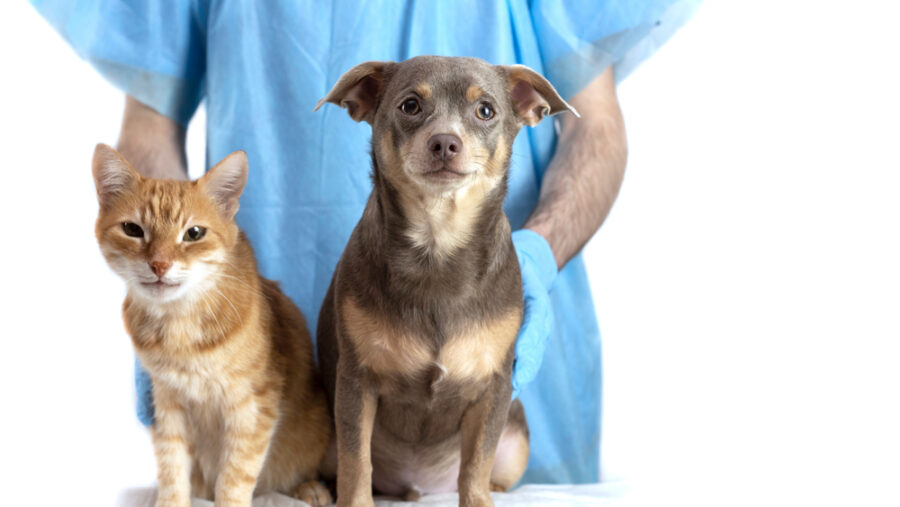Medicinal leeches, such as Hirudo medicinalis and Hirudo verbana, are receiving increasing recognition for their therapeutic applications in veterinary medicine. These leeches secrete over 100 bioactive substances, which exhibit various therapeutic effects, including anticoagulant, vasodilator, thrombolytic, anti-inflammatory, and anesthetic properties. The practice of hirudotherapy has gained traction, particularly for treating conditions in dogs, cats, and horses.
Clinical Applications of Leech Therapy
Leeches are effectively employed to address numerous veterinary conditions. Common use indications include hip and elbow dysplasia, acute and chronic arthritis, and diseases related to inflammation of tendons, ligaments, and fascia. Additionally, they assist in treating vertebral diseases and scars. This therapy proves beneficial when traditional treatment methods fall short, slow down recovery, or post-surgery, when tissues are at risk of venous congestion.
Procedure and Safety Considerations
Leech therapy is a minimally invasive procedure, typically lasting between 30 to 120 minutes, depending on the size of the animal. To ensure safety, all leeches used in these procedures must originate from certified biofarms. Maintaining sterile conditions during culture, transport, and storage is critical to preventing microbial infections and protecting the health of treated animals.
Clinical Study Insights
A recent study reviewed medical records from 2012 to 2016 involving nine dogs and three cats treated with medicinal leech therapy (MLT). Data collected included patient demographics, indications for treatment, physical examination results, and outcomes. Following MLT sessions, 75% of the patients demonstrated clear improvement in affected tissues. Unfortunately, one patient was euthanized due to pulmonary disease before complete healing. Two patients did not show any recorded improvement.
Conclusion on Efficacy
The study findings indicate that MLT can be used for addressing venous congestion and necrosis in compromised skin flaps and wounds. MLT has a success rate of resolving 75% of lesions. MLT presents a valuable alternative to conventional treatments for dogs and cats.
Next Steps for Veterinarians
Veterinarians interested in incorporating medicinal leech therapy into their practice should also consider recording and sharing their findings. This initiative will help in gathering comprehensive, objective data. The dissemination of such data can support the continued exploration of MLT’s clinical benefits in veterinary medicine.








